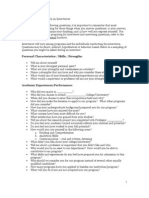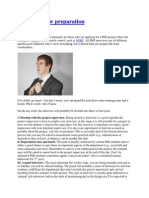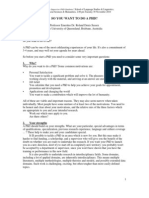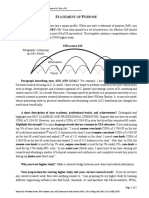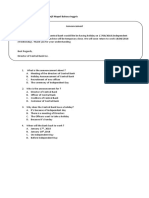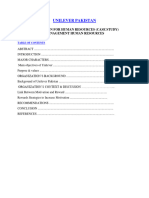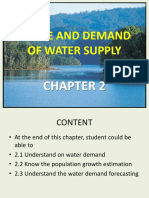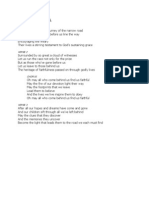100% found this document useful (1 vote)
135 views4 pagesInterview Questions
The candidate is seeking a PhD to become a professor at Jawaharlal Nehru Technological University Narasaraopeta. They have a background in mechanical engineering and software engineering, and have worked as both an engineer and assistant professor. Their interest is in data mining research. They believe their qualifications like NPTEL courses, publications, and certifications make them well-suited for PhD study.
Uploaded by
saheb10thjuneCopyright
© © All Rights Reserved
We take content rights seriously. If you suspect this is your content, claim it here.
Available Formats
Download as TXT, PDF, TXT or read online on Scribd
100% found this document useful (1 vote)
135 views4 pagesInterview Questions
The candidate is seeking a PhD to become a professor at Jawaharlal Nehru Technological University Narasaraopeta. They have a background in mechanical engineering and software engineering, and have worked as both an engineer and assistant professor. Their interest is in data mining research. They believe their qualifications like NPTEL courses, publications, and certifications make them well-suited for PhD study.
Uploaded by
saheb10thjuneCopyright
© © All Rights Reserved
We take content rights seriously. If you suspect this is your content, claim it here.
Available Formats
Download as TXT, PDF, TXT or read online on Scribd
/ 4








